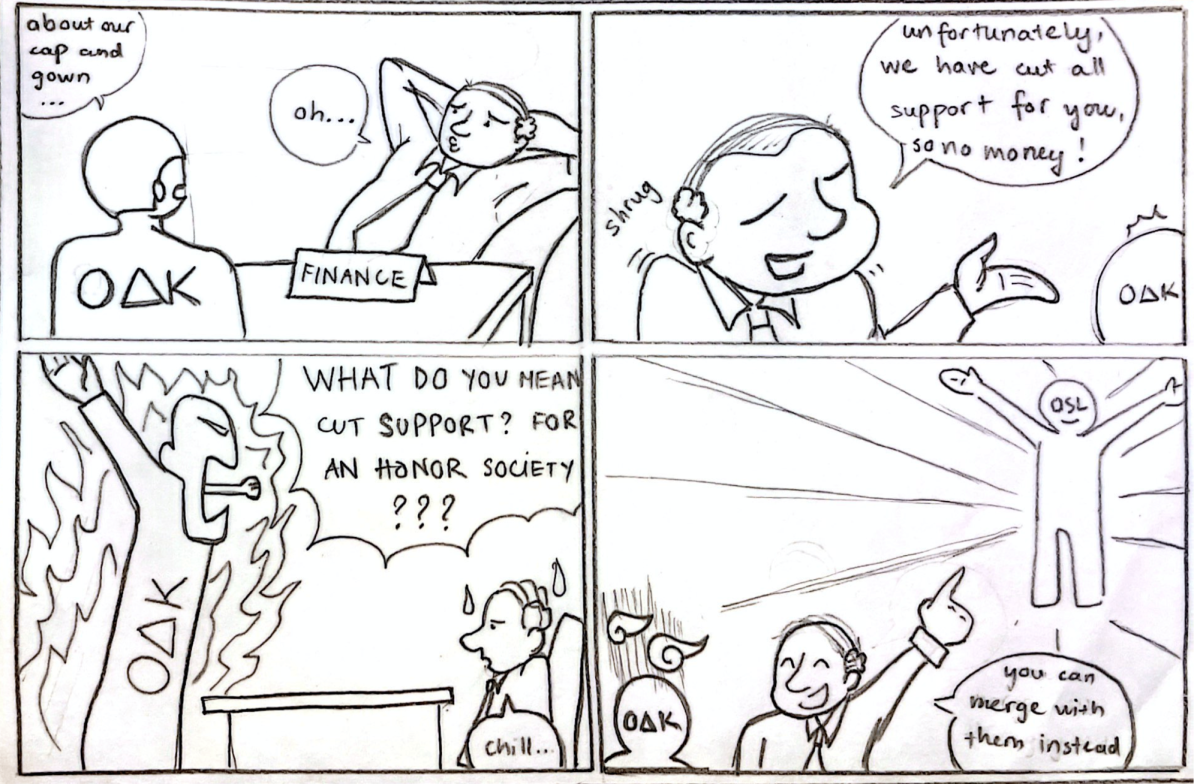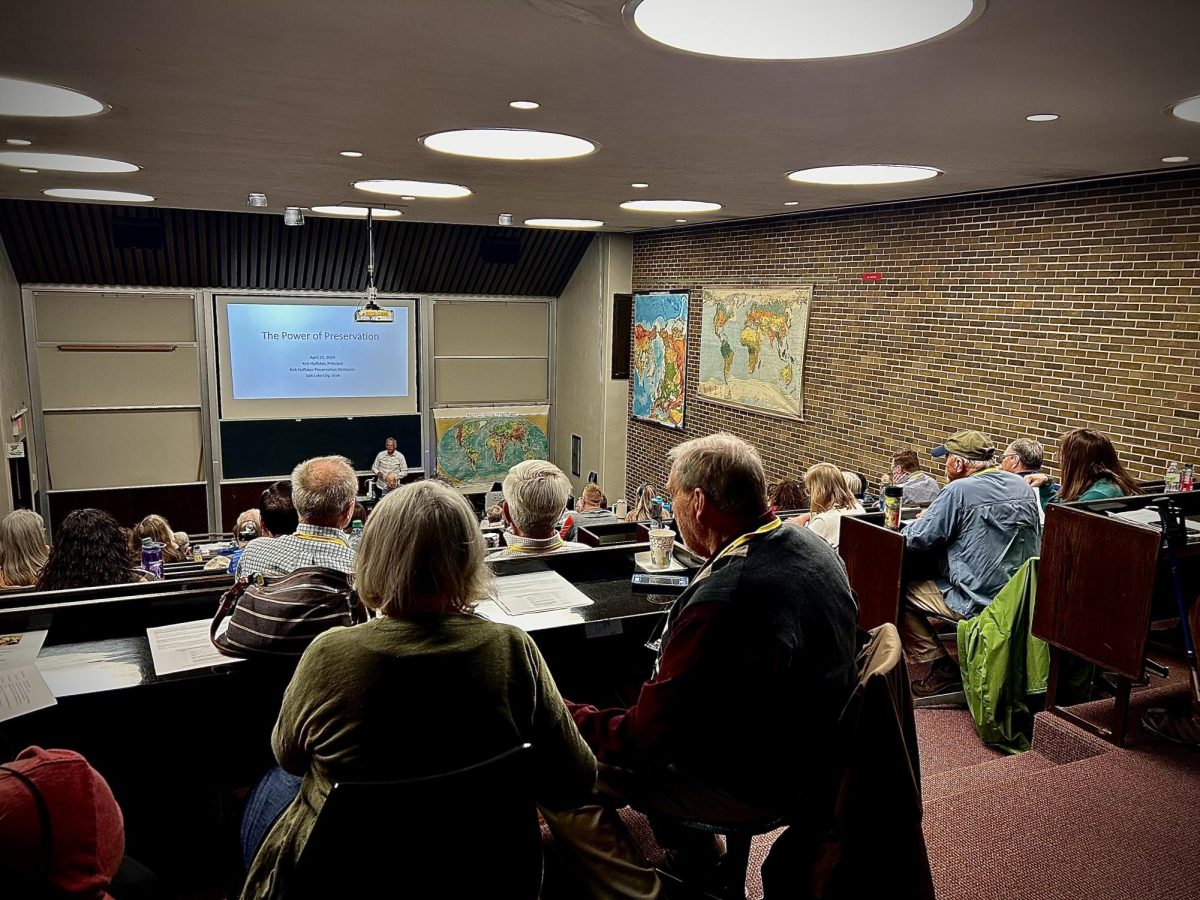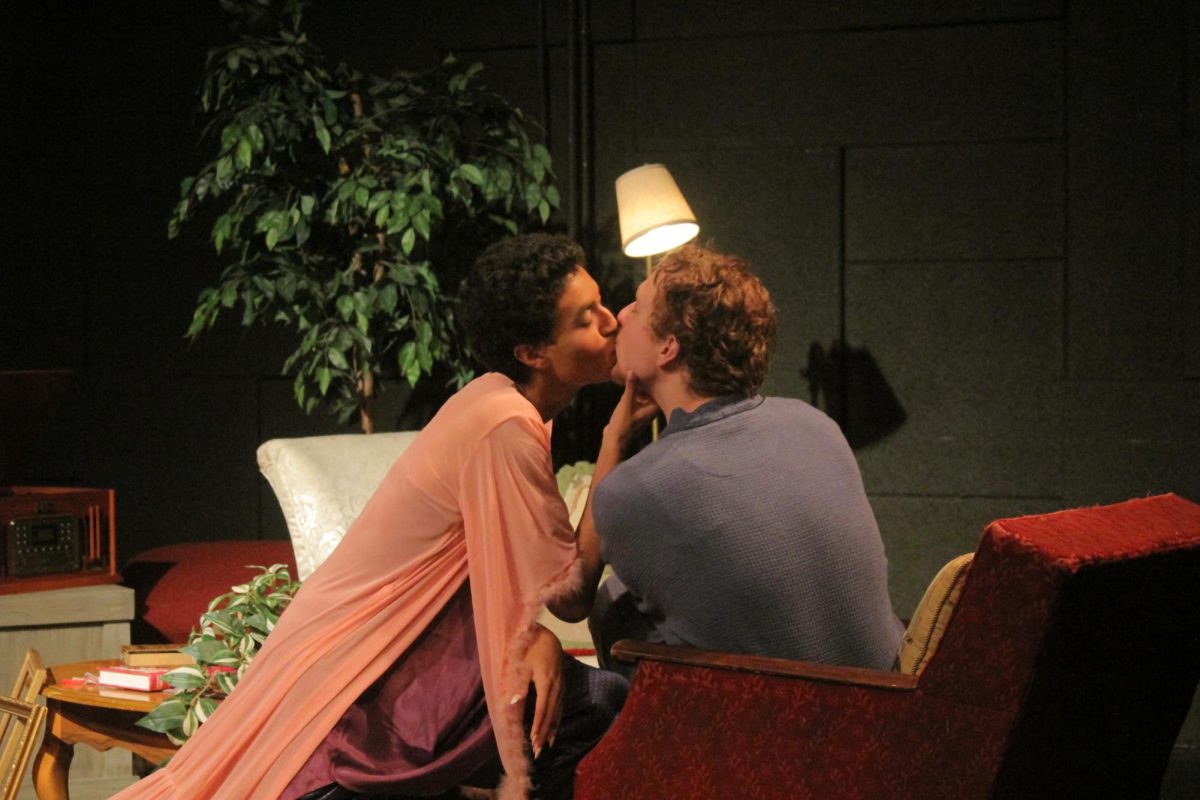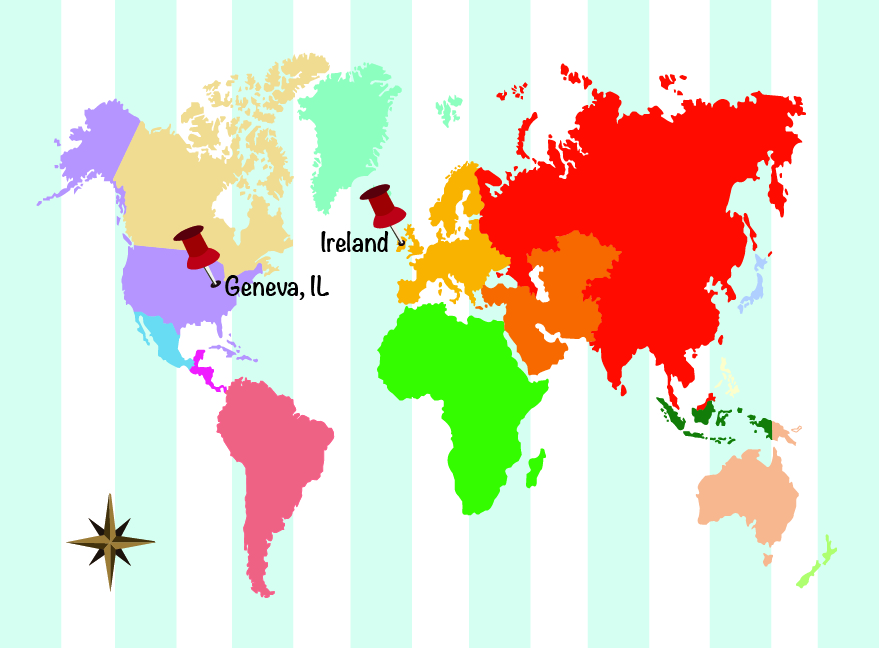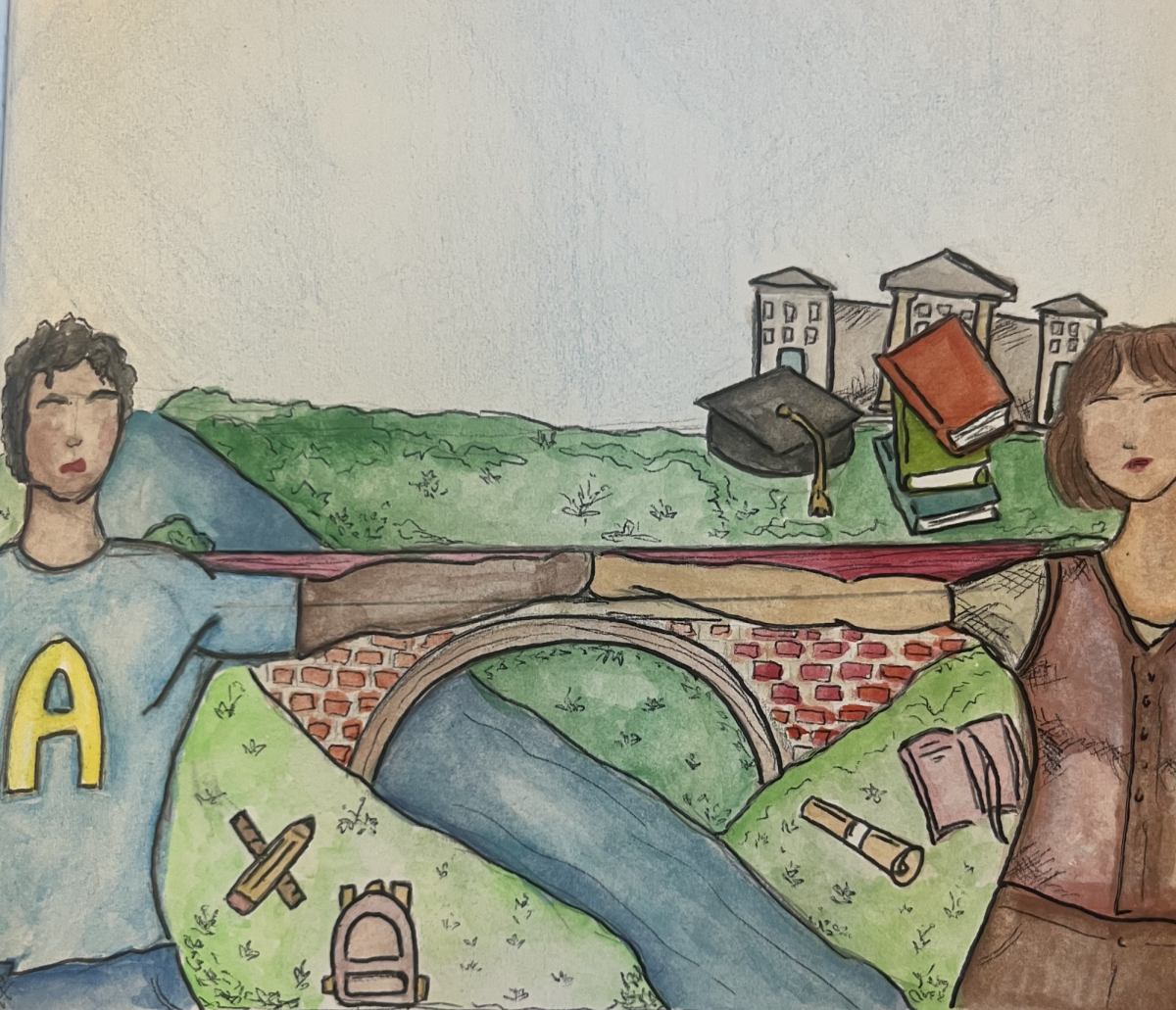As a pop-punk band, it can be hard to grow up and mature, especially alongside your listeners. Blink-182, Green Day, New Found Glory, and so many other bands have a special place in people’s hearts because they were the voice of their so called “disenfranchised youth”. Even though I was only three years old when “Dookie” was released and eight years old when “American Idiot” was released, I still found the albums in my middle school years and loved them, as seems mandatory for any middle schooler with even a hint of angst. But now, Billie Joe Armstrong is 46 and still sounds like a teenager trying to convince people he’s angry and is smarter than his parents. Even though he’s over twice my age, I feel like I’ve grown him and left behind the sounds of pop punk that I love so much.
However, just when I think I’ve left pop-punk behind, The Wonder Years return with yet another brilliant record.
With “Sister Cities”, The Wonder Years have released their sixth studio album and, as they have shown in the past, continue to evolve and progress. Lead by lead vocalist Dan “Soupy” Campbell, the band continue to tackle the big themes of simply living life, with loneliness, searching purpose, and loss being prominent on their newest release. And, unlike pop punk bands of yesteryear that refuse to grow up, The Wonder Years continue to mature and bring their audience with them.
In past albums, the band has been praised for being able to make anthems with big choruses and rousing group vocals without making them sound cliche or disingenuous. They make big songs about big topics, and make them deeply personal. Knowing this, they took a big risk by basically cutting out all of big choruses or any hint of group vocals. That’s not to say they have gotten rid of their anthemic rock. The songs are as big and as relatable as ever, even as the band starts to tackle issues outside of themselves. They have escaped the suburbs of their past and are moving onto darker themes, broader musical horizons, and, of course, Campbell’s brilliant lyrics.
With the opening track, “Raining in Kyoto”, The Wonder Years immediately bombard their listeners. There’s a heavy guitar riff and within seconds, Campbell starts singing about the moment he was boarding a plane to Japan and then received news of his grandfather’s death. This immediately signifies one of the themes of the album: loss. The musical experimentation of the album is also immediately noticeable in the first track, as there is an interesting lengthy bridge with no vocals. A powerful song, “Raining in Kyoto” sets the stage for the rest of the album in terms of heavy themes and a broadening musical horizon.
“Sister Cities” perhaps features some of the most thematically dark lyrics The Wonder Years have written yet. “We Look Like Lightning” Campbell sings about fearing death while on an airplane. A simple purpose that most people can probably relate to, the subject serves as a metaphor for the fear of death itself, with a repeating line of “What song do you want to die to?” “The Ghosts of Right Now” also deals with loss and death, this time discussing Campbell’s uncle with throat cancer, with Campbell poignantly singing “And you looked skinny at my wedding/sick of carrying the weight/Of all the doctors and all the treatments and all the reasons to be afraid”. Perhaps, most noticeably, in “Flowers Where Your Face Should Be”, The Wonder Years have their first straightforward love song, with Campbell writing a simple love letter to his recently wed wife.
The musical experimentation is especially noticeable, as it’s something that The Wonder Years have not necessarily been known for in the past. “We Look Like Lightning” opens with a synth beat before picking up, “Flowers Where Your Face Should Be” is a slow, atmospheric build, and “When the Blue Finally Came” is a beautiful song with sparse instrumentals, but one that doesn’t feature an acoustic guitar, as most ballads from the genre would. The Wonder Years are showing that they aren’t just growing with the audience in terms of themes: They’re also ready to push their fans in the sense of what the music itself sounds like, as they shed their pop-punk skin and move on to atmospheric alternative rock.
Most noticeably, “Sister Cities” closes with “The Ocean Grew Hands to Hold Me”, which is one of, if not the, best songs in The Wonder Years discography. Atmospheric, filled with interesting effects, a brilliantly simple drum fill, and a gradual slow burn, the six-minute plus song is a brilliant indication that shows what this band is capable of. It also ends the album on a note of hope, with Campbell finally admitting that he’s ready to reach out and ask for help from the people that love him. This song truly signifies the evolution of the band and leads them to an interesting step for the future. “When I was in shambles/When I got too weak/The ocean grew hands to hold me.
The Wonder Years grow and mature with ‘Sister Cities’
April 19, 2018

